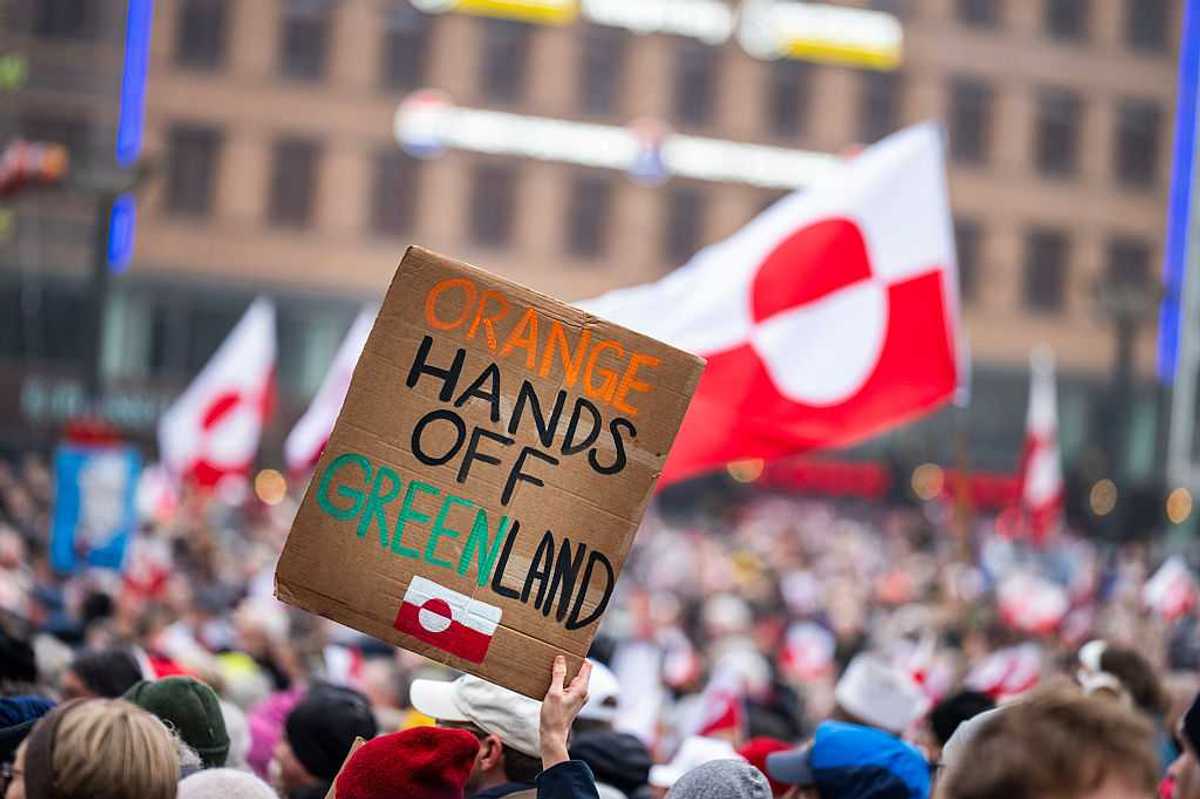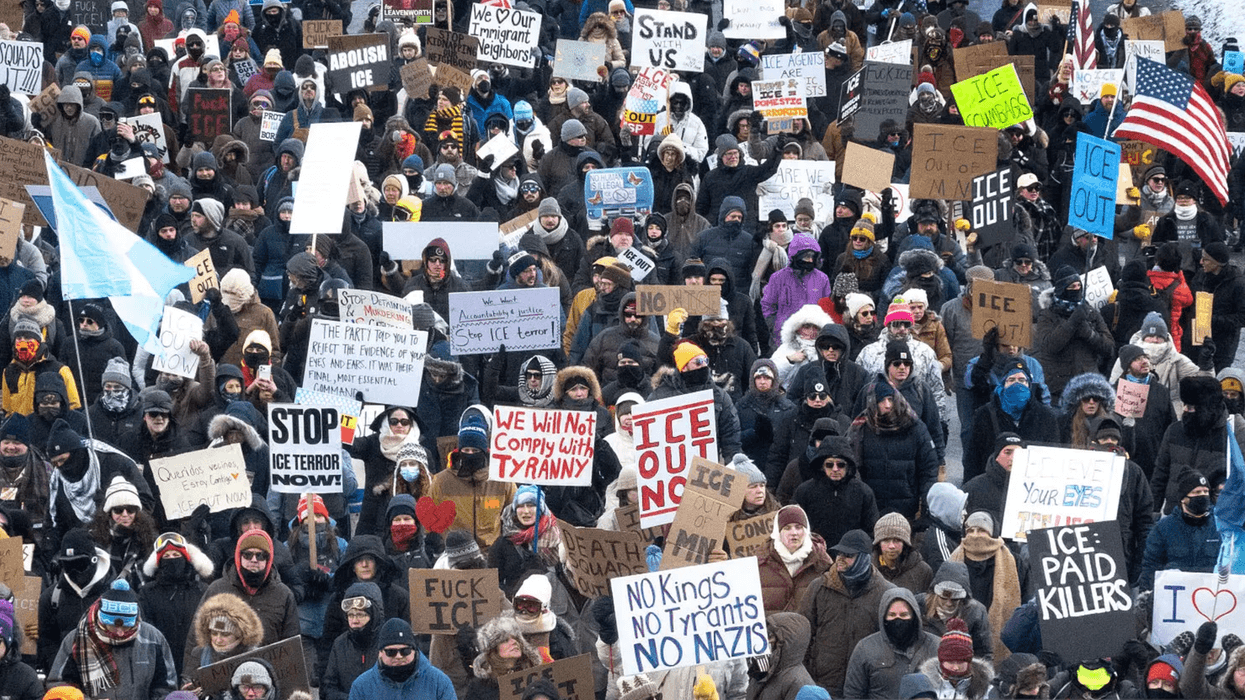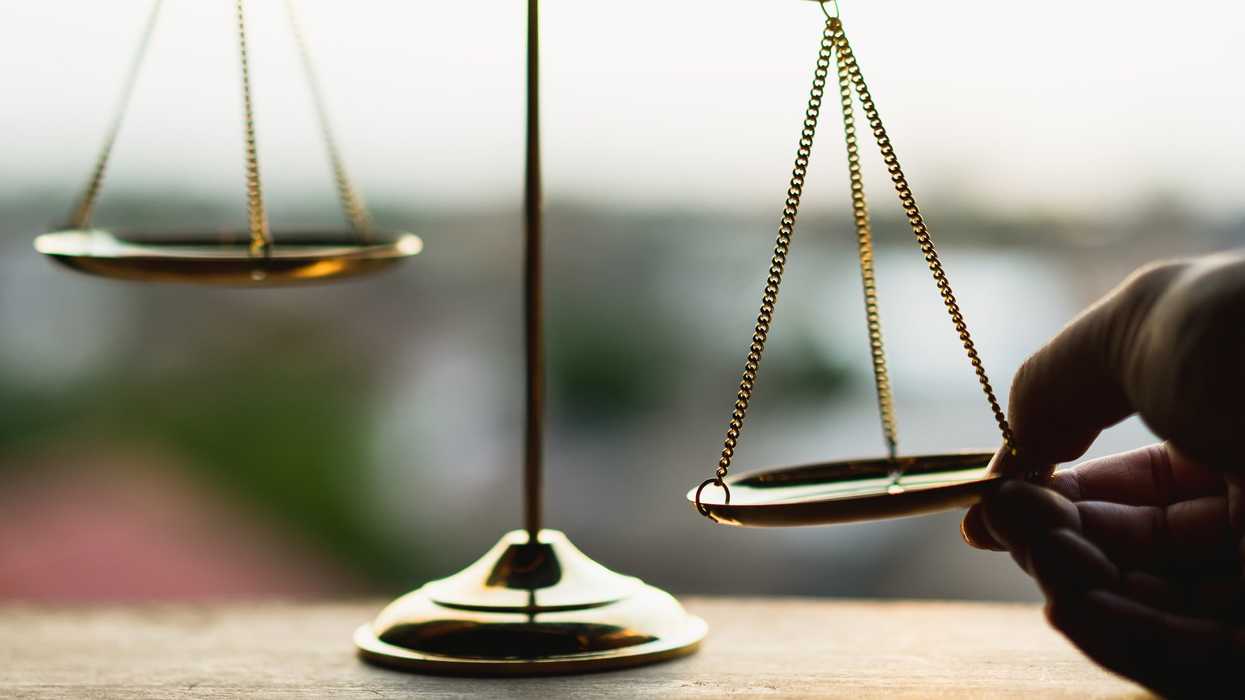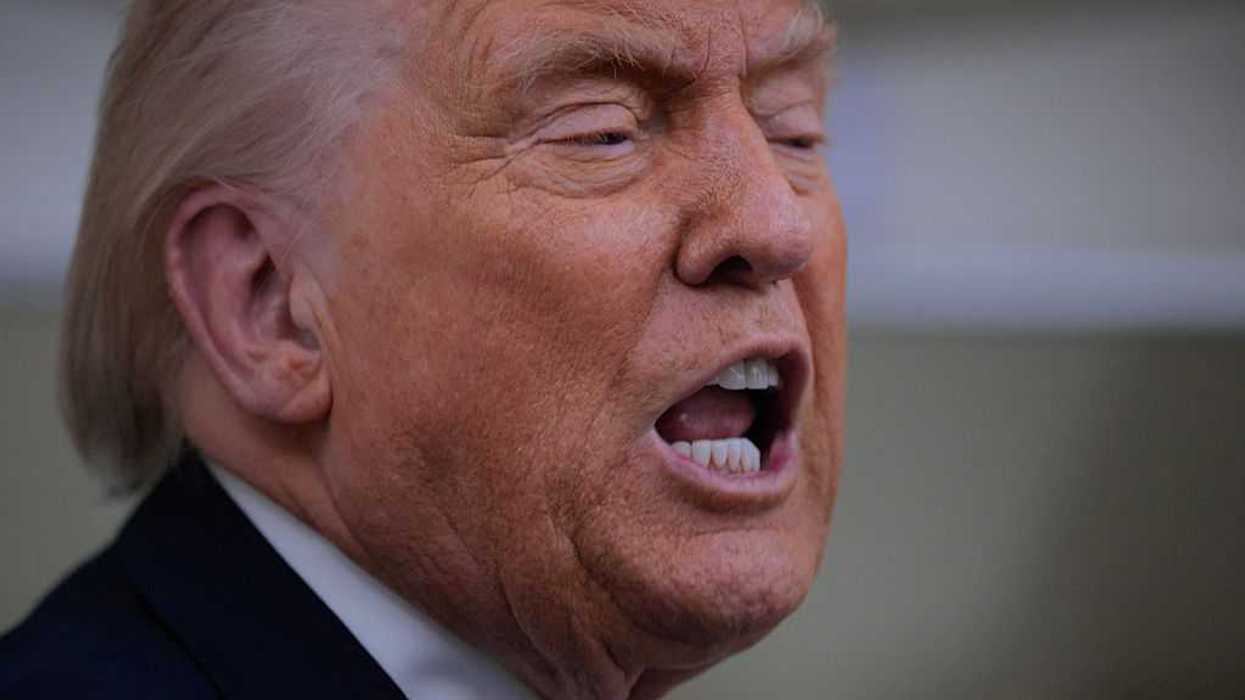When our son, Naser, was six years old, he wanted to be called Kevin, a perfectly reasonable Midwestern name. This seems to be a rite of passage with children, to name and rename themselves.
But our son was not to know the agonies we went through to name him, honoring our respective South Asian and South American cultures and balancing the phonetics of multiple languages, and why Kevin was not on our short-list.
Names have meanings and shape our destinies. Research shows that they open doors and get your resume to the right eyes and you to the corner office—or not. Throughout my difficult and very longed-for pregnancy, my husband and I threw names up like confetti, sounding out what landed. We short-listed six names for baby girls and could agree on only one male name, his.
In the shadow of 9/11, it was difficult to come up with a Muslim or Arabic male first name that was also not that of a “bad guy,” whom then-President George W. Bush was warning us about. Later, we realized Americans would associate his name with the late President of Egypt, General Gamal Abdel Nasser, but still safely in the past.
Even perfectly ordinary names from the other side of the world can be exotic in a new place. Yet it seems the only reference people have with such names is via pictures of bearded men and repeated exhortations of "us vs. them," and we didn’t want to set our son up for school-yard bullying.
Even the most common name for boys—Mohammed (or its variants) can signal an alignment with "the bad guys."
During my first trimester in 2002, the citizens of Washington, D.C., as well as suburban Maryland and Virginia, were terrorized by the "Sniper." As I went to work on a crisp fall day, I only missed by minutes, driving by where a sniper shot his third victim, who was mowing a green strip median on Rockville Pike.
The public didn’t know the identity of the shooter until late October. After seven other shootings, the snipers were caught—a young man, Lee Boyd Malvo, and his “mentor,” John Allen Muhammad.
If the snipers were named Kevin, would it have tarnished all the Kevins in the U.S. or reflect poorly on the communities that they belonged to? Would terrorists like John Wayne Gacy or John Allen Muhammad signal to expectant parents not to name their children John?
There appeared to be no such problems with girl names, or so we thought. Research shows this is not always true–Black sounding girl names, such as Layla, which was on our shortlist, may lead to experiences of bias.
When newborns and their parents interact with each other in South Asia, after asking what is the name, people ask what does it mean? To have a name means to own the attributes of the name.
John means “God is gracious,” derived from the Hebrew Yohannes, and it appears in the Bible as John the Baptist. It is one of the other common names, appearing as Jean, Juan, Giovanni, Ivan, Sean, and in the Quran, as Yahya, a Prophet, re-telling the Biblical story.
Yahya was the 93rd most popular boy’s name in the United Kingdom in 2024, with 583 babies born that year given the name. This statistic was the focus of global media attention, and in Israel, with the claim that a baby being named Yahya signaled admiration of Yahya Sinwar, the leader of the military wing of Hamas.
I have grown up surrounded by many Yahyas in our family and neighborhood. Like you would distinguish between your uncle John and John Wayne Gacy, I would distinguish between my second cousin, Yahya, and Yahya Sinwar.
Following the recent assassination of Charlie Kirk, is the name Tyler now doomed as a result of the alleged shooter’s name, Tyler Robinson?
The U.S. is home to 4.5 million Muslims and 3.7 million Arabs, a great majority of whom are Christian.
The Pew Research Center predicts the number of Muslims in this country “will reach 8.1 million or 2.1% of the total population by 2050.”
Both Muslim and Arab cultures may choose to name their baby boys Yahya.
Our son is now 22 years old. Since his birth, after every major eruption of violence against American interests or a mass shooting, I hold my breath and wish the perpetrator does not share his name.
We chose his name for its meaning and for its ease of being pronounced by our older relatives who speak Urdu or Spanish. Naser means protector, guide, and also victory. Its homophone in Spanish, Nacer, means “be born” or, my favorite, “come into being.” I recently found that Naser in German means a prominent piece of land, derived from the root word of nose or “nase,” or a gourmand, which does fit our son.
Naser’s classmates and friends in the Midwest have struggled with saying his name. I hadn’t accounted for the fact that they would stress the second syllable and not the first or pronounce it closer to “nasal.”
Sometimes, our son has gone by his second name, Pablo (meaning humble), much easier to say, and importantly, more often associated with Picasso (the painter) than Escobar (the drug kingpin). It remains to be the name he tells the Starbucks barista when ordering his morning coffee.
F. Tazeena Husain is a professor at the University of Illinois Urbana-Champaign and a Public Voices Fellow through The OpEd Project, University of Illinois System.



















